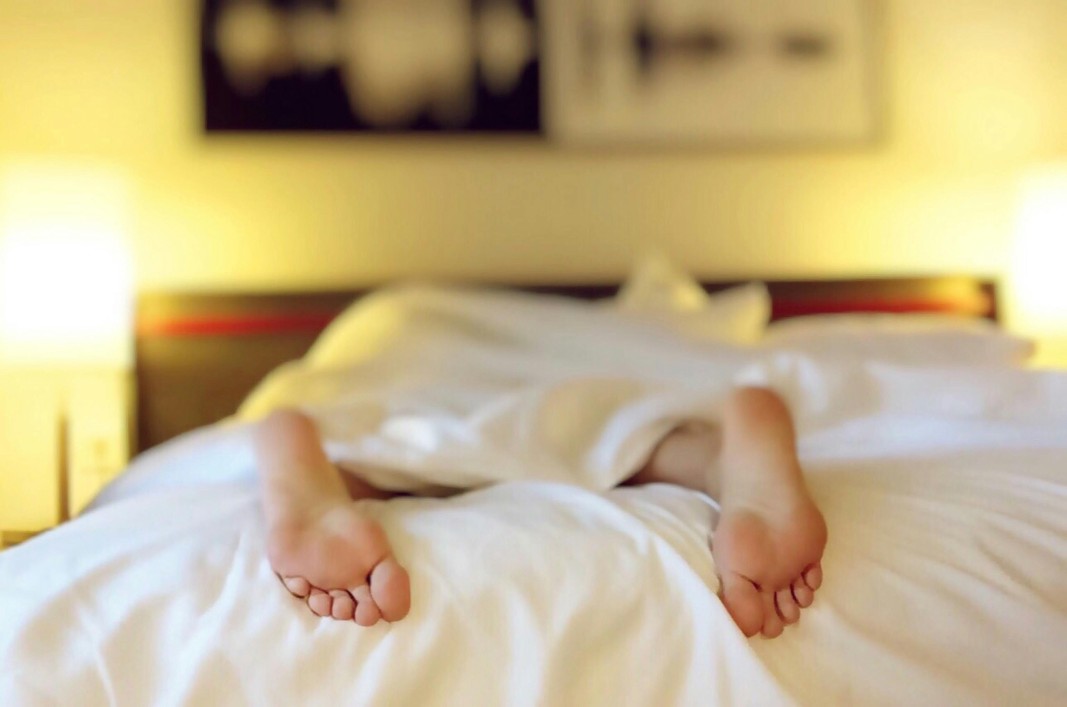On the night of Saturday to Sunday (30 March), at 3am, we need to move the clock forward one hour - to 4am. This will give us an hour less sleep on that particular night, but in the long run we will be able to make better use of daylight, which should also lead to a reduction in lighting costs and more time for outdoor activities.
Bulgaria has been moving its clocks one hour forward or back (when switching to standard time) twice a year for 46 years. For many people this is a source of great stress, as it takes time to get used to the change of time.


Timișoara, a large multicultural city in western Romania, is the center of the historical community of the Banat Bulgarians . The members of this community are descendants of settlers from the Bulgarian lands nearly three centuries ago, who have..
In Gabrovo – a city in the geographical center of Bulgaria, once described as the Bulgarian Manchester, but today facing demographic challenges – there are young people who believe that the future can be better and that this largely..
For 15 years, Stela Nedkova has been living in Brussels . After completing her education in Bulgaria, she decided to test herself in a different reality to see whether she could handle life’s challenges on her own, without her parents’ help. Stela faced..

+359 2 9336 661
